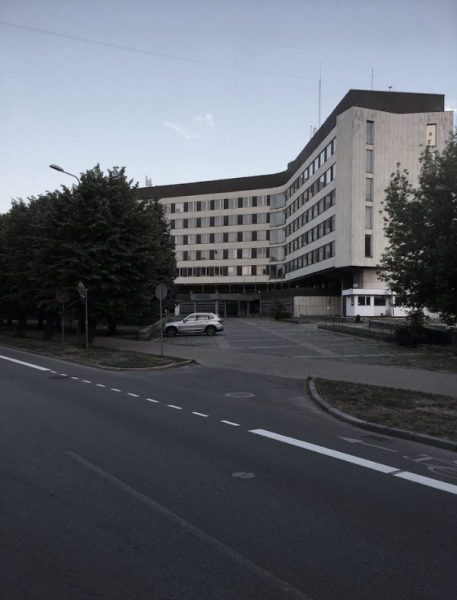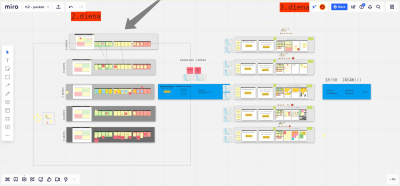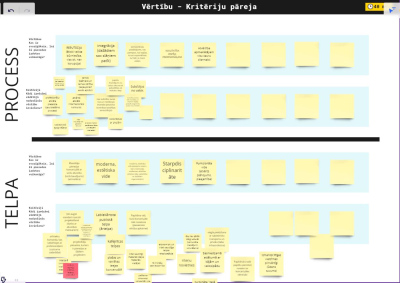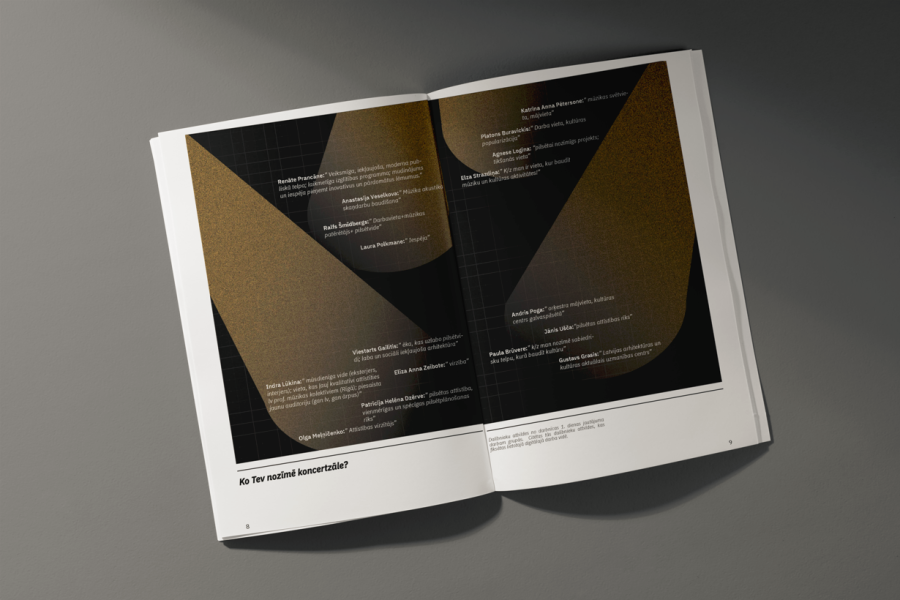As a response to the heated debate over a site for a new (and only) national acoustic concert hall in Riga, together with architect and anthropologist Matīss Šteinerts we organized a design thought workshop.
Context: For 30 years several attempts have been made to locate, design, and build a National acoustic concert hall in Riga. Academic musicians are one of the few great cultural exports of Latvia, and not having a decent performance and rehearsal venue is a pity.
Latvia has also been experiencing a negation towards socialist modernist buildings, many of which exhibit specific regional qualities. Given its past under Russian occupation and behind the Iron Curtain, the desire to sweep away the painful past and make space for a new, bright future. However, such an emotional approach dismisses an array of good qualities expressed by our Soviet-modernist buildings. Often they hold symbols of resistance and designers’ attempts to sneak in national pride in the very censored environment of the former Soviet Union.
In the case of the World Trade Center, and former building of the Communist Party in Elizabetes 2, Riga, too, is a great social modernist monument, carefully designed by Latvian architects J. Vilciņš, A. Ūdris, A. Staņislavskis and G. Asaris and realized in 1974. As the building sits in a green park, set back from Elizabetes Street, its relatively large volume is only perceived from a few viewpoints, otherwise it is hidden and only seen as details. The building is well-preserved and in good condition. However, its outdated fire safety and engineering systems became a point for selling the idea of demolition.
The architectural community was shocked and disappointed when one June morning in 2020 Ministry of Culture informed the media about a decision to demolish this “Phantom of soviet occupation” to give space for a new concert hall, which is expected to be built an unbelievable pace, which also raises questions about quality and potential of the potential project.
Architects were swift to stand up against this decision, but it soon became clear that architects’ arguments were dismissed as being just professional ambitions and not covering the whole complexity. To make things worse, alliances formed with architects and supporters of preservation were facing the Ministry of Culture and academic musicians (who are in desperate need of their space and who aren’t bothered by any architectural or sustainability discourse). That is when it occurred to us that mobilizing a wide range of cultural workers would be necessary, and to unite everyone in a single, comprehensive debate - to bring the discussion outside of confines or architecture.
Our initiative was received with surprising responsiveness and many Latvian cultural elites were happy to take part in a three-day online workshop “Project Concert Hall”, during which we covered the needs of different user profiles, tried to define what an acoustic concert hall with a national significance is, what functions and operative modes it needs to have, analyzed and worked with different state-owned potential sites. Among the participants were representatives from the Ministry of Culture, Ministry of Economy, Latvian National Symphonic Orchestra representatives, composers, choir singers, curators, artists, architects, students of Culture Academy of Latvia, representatives of Riga Municipality, sustainability consultants and organizers of experimental music festivals.
After the event, we prepared and published a report, which was delivered to all involved parties and media.
Together with other activities curated by other architects, this multi-disciplinary workshop contributed to the success, and plans for demolition were canceled, and a new and transparent process was organized for a new location of the concert hall.
Elizabetes 2, Rīga
Report publication
Also available at ej.uz/koncertzale





